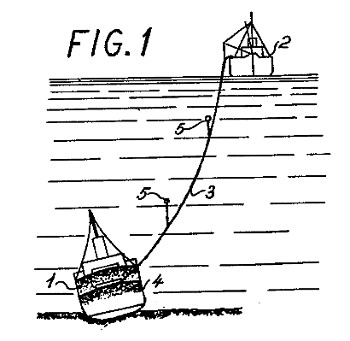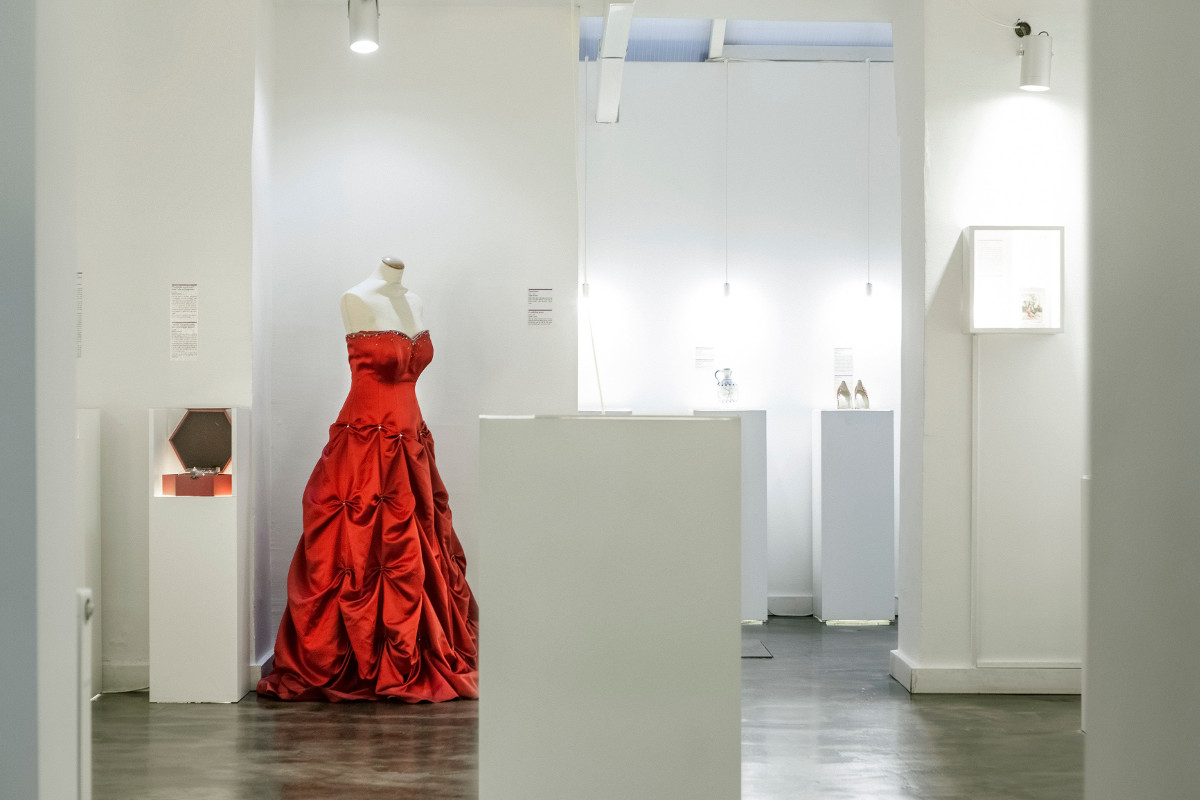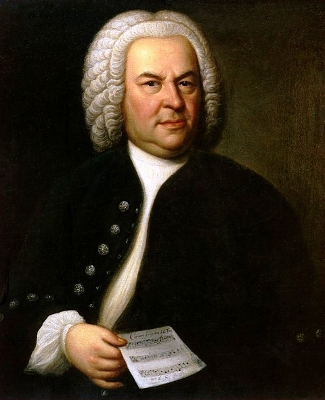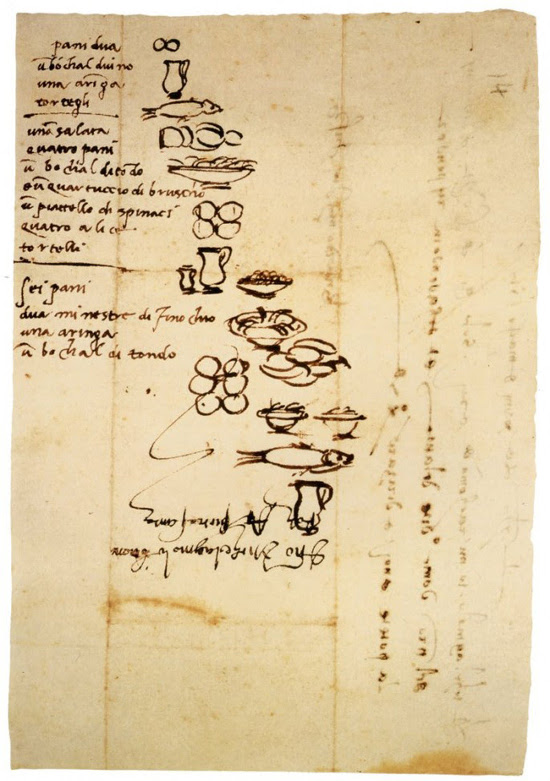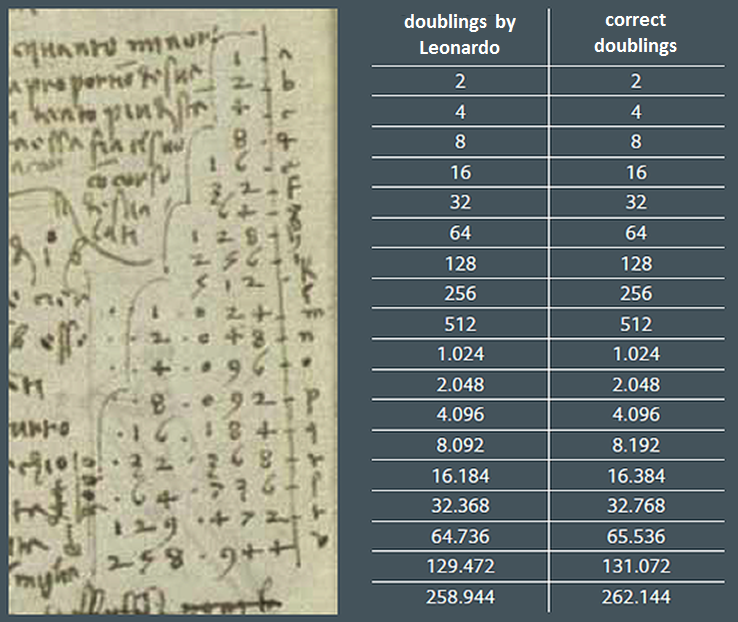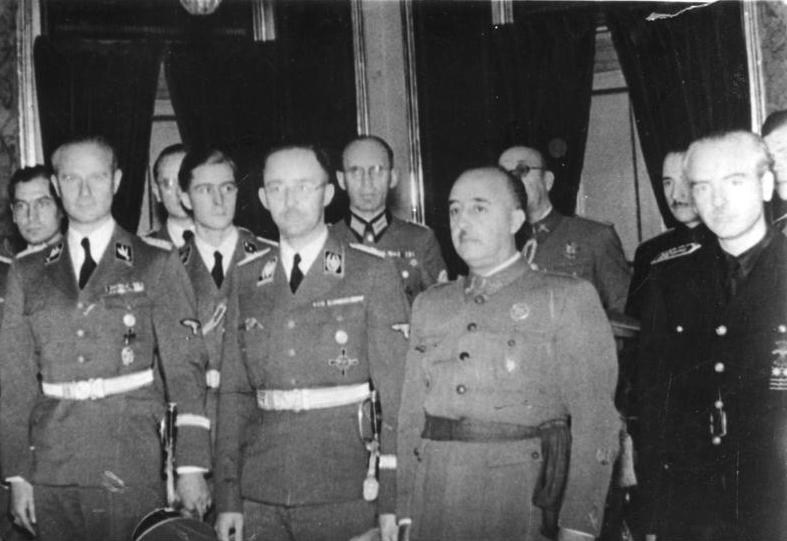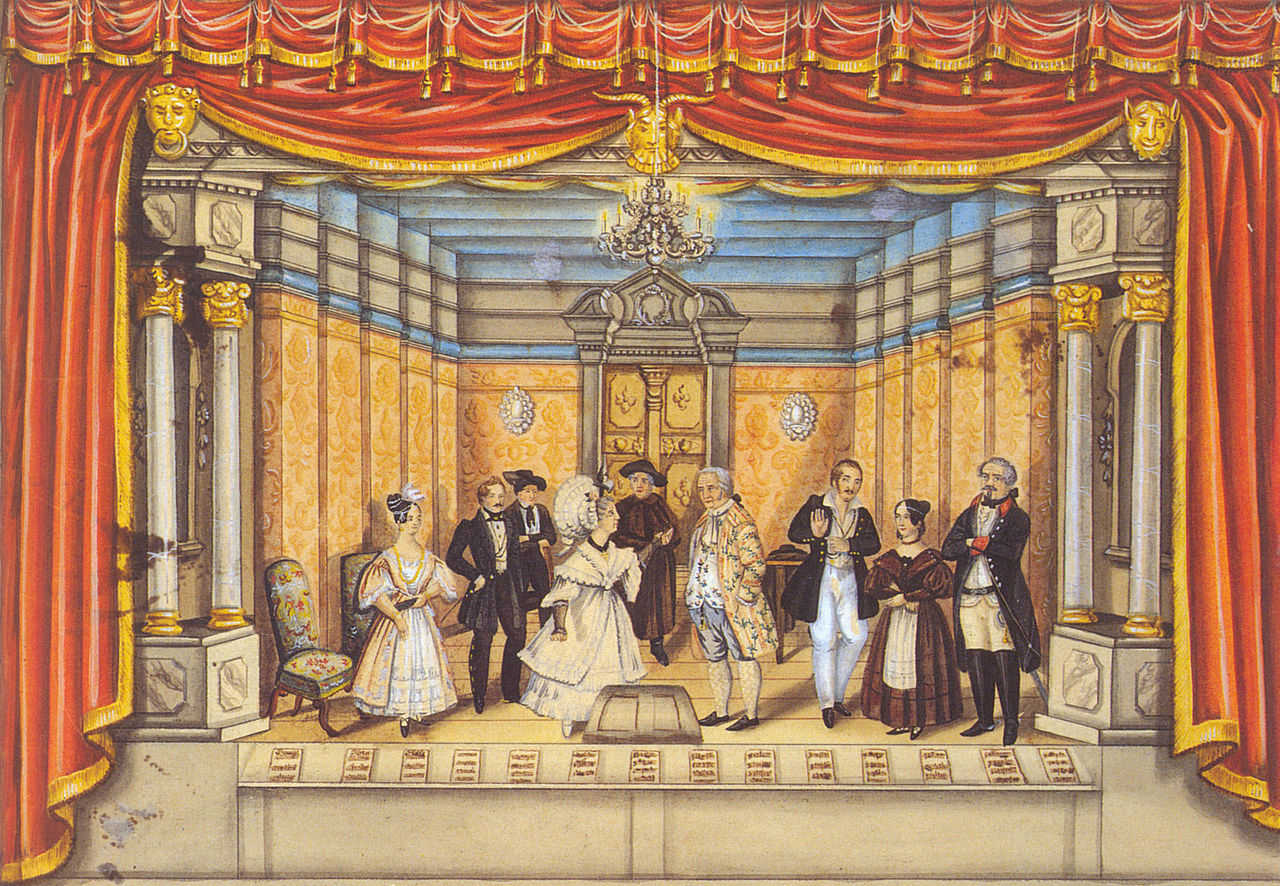
It is like a play. But when the curtain falls, the one who played the king, and the one who played the beggar, and all the others — they are all quite alike, all one and the same; actors. And when in death the curtain falls on the stage of actuality … then they also are all one; they are human beings. All are that which they essentially were, something we did not see because of the difference we see. They are all human beings. The stage of art is like an enchanted world. But just suppose that some evening a common absent-mindedness confused all the actors so they thought they really were what they were representing. Would this not be, in contrast to the enchantment of art, what one might call the enchantment of an evil spirit, a bewitchment? And likewise suppose that in the enchantment of actuality (for we are, indeed, all enchanted, each one bewitched by his own distinctions) our fundamental ideas became confused so that we thought ourselves essentially to be the roles we play. Alas, but is this not the case? It seems to be forgotten that the distinctions of earthly existence are only like an actor’s costume.
— Kierkegaard, Works of Love, 1847

